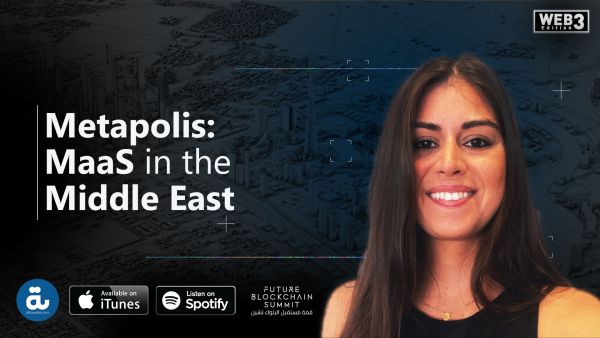The quick pitch for Metapolis is “shopify in the Metaverse.” Co-founder and chief commercial officer Sandra Helou has dubbed it MaaS, or “Metaverse as a service platform.” Behind the clear business use-case of an interoperable and accessible sales and events platform, are some astute insights into how the digital economy will emerge over the coming decade.
Sandra is one of the first to point to the elephant-in-the-room: geopolitics. If Metaverse worlds are to exist as hyper-social spaces and the future of global digital markets, then it stands to reason that they must also be localized: that means different languages, cultural attitudes and even conflicting beliefs have to find a home here, as in the real world.
Sandra is one of the first to point to the elephant-in-the-room: geopolitics. If Metaverse worlds are to exist as hyper-social spaces and the future of global digital markets, then it stands to reason that they must also be localized
Access is also discussed, both at the hardware and software layer. On the one hand the Middle East’s dormant creative potential is about to find a new home. On the other hand, access will not be evenly distributed, as some surf new realities on their phone, while others workout in 4k on a VR headset, or access real-world games on an AR device.
In all this, the citystate of Dubai may have a historical role to play. This will be alongside an emergent technology that after many decades, is filtering into global consciousness: it is of course, AI.
The UAE Tech Podcast is in collaboration with GITEX Future Blockchain Summit, the MENA region’s most immersive large-scale blockchain event.







